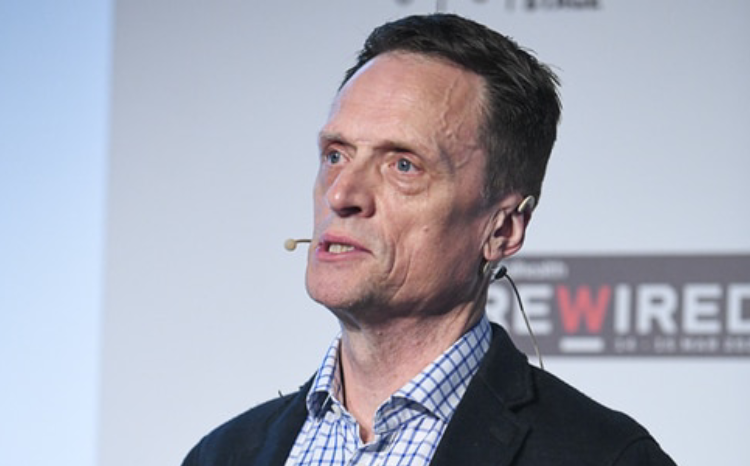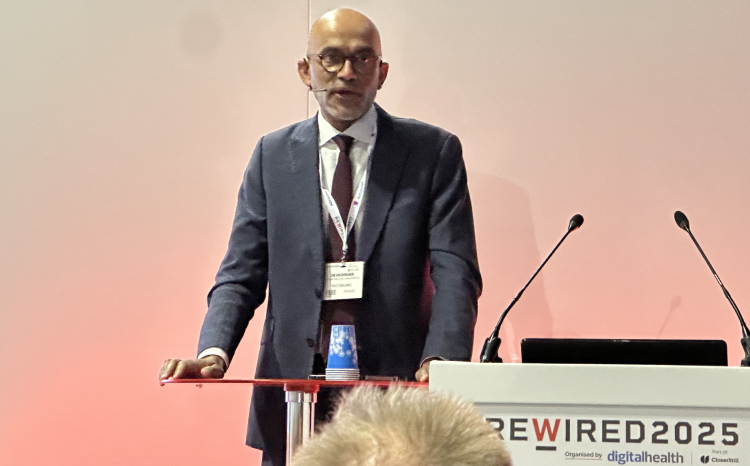NHS Innovation Accelerator opens for applications
- 15 September 2023

Health and social care innovators who believe they have proven solutions to support the NHS, have until 22 October 2023 to apply to join the NHS Innovation Accelerator (NIA) programme for the 2024 intake.
Chaired by Professor Sir Stephen Powis, national medical director of NHS England, the accelerator programme has been designed to support entrepreneurs in scaling their solutions into and across the NHS – including those innovations that include digital health technology.
The recruitment call for 2024 focuses on innovations that can address health inequality challenges within the themes highlighted in the NHS England Core20PLUS5, as well as solutions that can specifically support NHS England-centred carbon reduction solutions.
Themes include: maternity, mental health for adults, children and young people, cancer for adult patients, respiratory disease and asthma, hypertension and cardiovascular disease; diabetes in children and young people, epilepsy in children and young people, oral health in children and young people.
Konrad Dobschuetz, NHS Innovation Accelerator national director, said: “At the NIA, our core belief is that no one can solve health and social care’s biggest challenges alone. That’s why we champion a collaborative and mutually supportive approach to innovation that makes an impact.
“The NIA has a strong track record of supporting digital health innovators to scale their innovations, make valuable connections and develop essential skills to reach maturity.
“Digital health innovations typically make up between a quarter and a third of total applications to the accelerator, and are increasing. We have several digital health specialists within this years’ mentor cohort who are particularly well-placed to deliver targeted support.”
Successful applicants to the NIA will benefit from three years of focused support, followed by life-long access to the prestigious alumni network and peer community.
The bespoke programme of support includes working with NICE, NHS England, the Academic Health Science Network, the MHRA and industry organisations. They will gain access to a group of mentors boasting extensive understanding of key health and social care challenges. These mentors include digital health specialists like Hassan Chaudhury, Amir Hashmi, Harpreet Sood and Jim McDonald as well as others including Adrian Downing, Archna Sharma and Pam Garside.
The education programme delivers insight into topics such as the NHS procurement process and pathway needs, and is tailored to individual fellow’s requirements and needs.
The NHS Innovation Accelerator currently supports 34 NIA Fellows and their innovations, with an additional 63 alumni. These alumni include the creator of skin cancer melanoma tracking app, SkinVision, the founder and CEO of Patients Know Best and the chief executive of ORCHA.
To date, members have collectively launched their solutions across 3,171 NHS sites and won over 221 awards. This year’s intake saw 17 new Fellows join – the largest cohort to date.
Applications are open until 22 October 2023.




